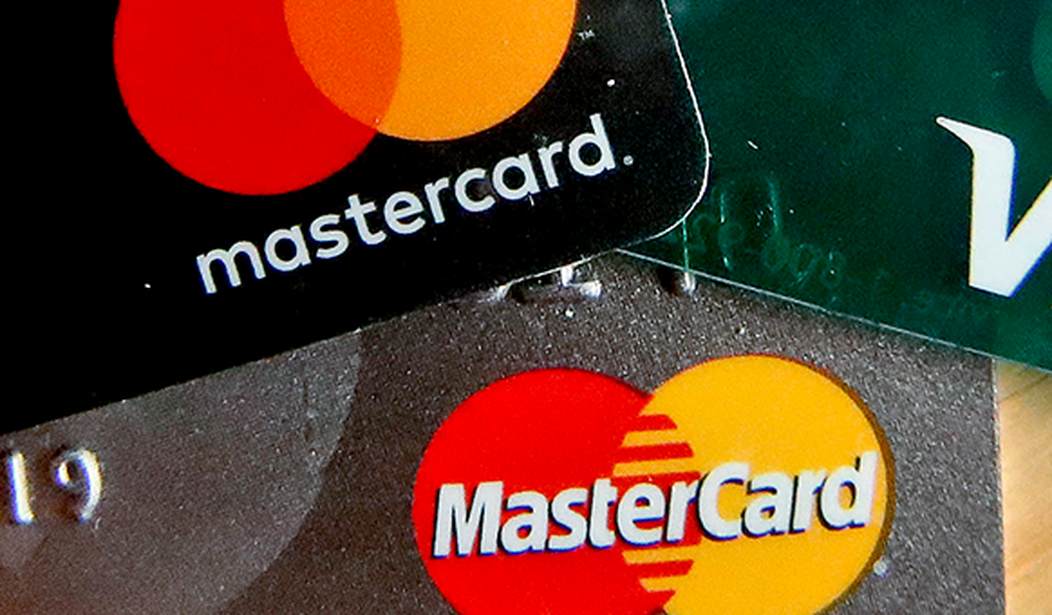The idea that one could determine someone's motives based on their purchase history is always going to bother me, especially when we're talking about guns. Proponents of this idea argue that many mass killers follow a similar pattern in buying guns before their carry out their deadly attacks.
What they don't get is that even more law-abiding citizens buy guns in pretty much the same "pattern," especially when they first get into gun ownership.
Couple that with the fact that the only way to track them is through credit card purchases and that the codes used don't actually tell you what someone bought, only what kind of store they went to, and you start to see the big problems here.
Yet credit card companies were ready to jump on using the new codes, only backing down amid serious pressure. That just means they'll wait until things die down to try it again.
But some states are already working to bar the practice entirely. Now, Wyoming has a bill meant to do the exact same thing.
A “merchant code” specific to buying firearms could hurt small businesses and provide the government and anti-gun groups with data about who’s buying guns and ammunition in Wyoming, backers of a bill to ban it said.
“I can assure you that everything you buy is tracked and data is sold. The problem is on the gun side, that data could be used for nefarious purposes,” state Sen. Anthony Bouchard, R-Cheyenne, told the Wyoming House Judiciary Committee.
Tracking firearms and ammunition sales could be used to “prejudicially” put small gun shops out of business, Nephi Cole, spokesman for the National Shooting Sports Foundation, told the committee as he testified in favor of Senate File 105.
However, committee member Rep. Ken Chestek, D-Laramie, questioned the need for a Wyoming law addressing the merchant code. If the government is using data tracking from such codes for nefarious purposes, that’s a matter best left for Congress to deal with, he said.
“It is not illegal to sell guns, it is not illegal to manufacture guns,” he said. “But you’re suggesting that the administration is somehow trying to use this information improperly to put improper pressure on that industry. If that’s the problem, then why don’t we solve that problem instead of this one?”
Here's a better suggestion: Why not solve both problems?
See, the issue is that if the data exists, then there's going to be someone who will try to exploit it for their own purposes. Whether it's Congress, the ATF, the banking industry itself, or someone else, there will be someone out there who will try to make some kind of use of this information.
And it's not even complete information.
See, one of the arguments for the merchant code was that the financial industry could use the same tools they use for money laundering to catch people doing prepping for a mass shooting. Yet all the merchant code does is tell you someone spent a certain amount of money at a store that sold guns.
Which means it's entirely possible that a gun owner, trying to be responsible, decides to upgrade his gun storage from trigger locks to a proper gun safe only to get a visit from law enforcement who are suddenly concerned he's planning to slaughter innocent people.
Sure, we can address the law enforcement angle here--or the administration if they're doing the hinky stuff with the data--but there's no real reason they need to use that particular merchant code unless they want to share that data with someone.
Hence blocking it, as the Wyoming bill does.
This isn't rocket science...unless you're an anti-gun Democrat, apparently.








Join the conversation as a VIP Member